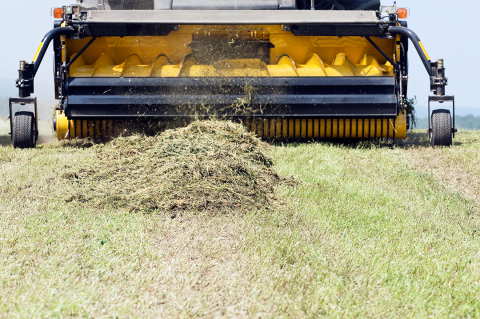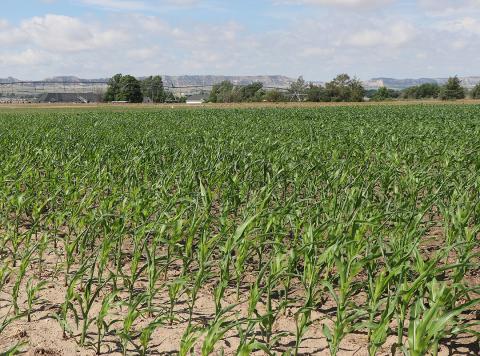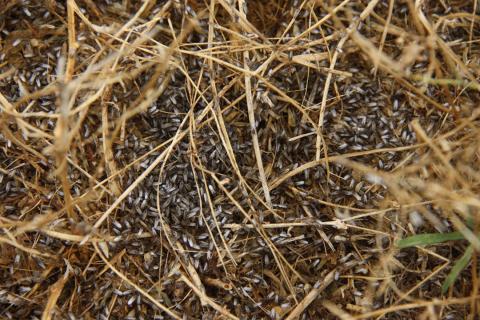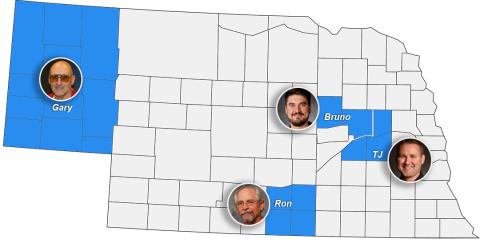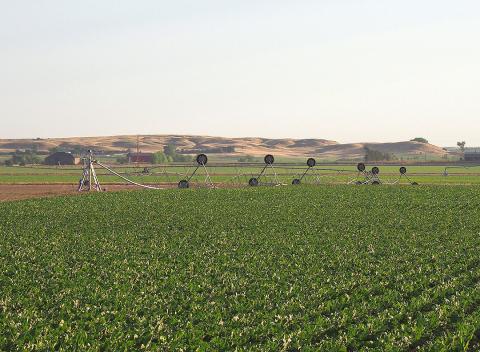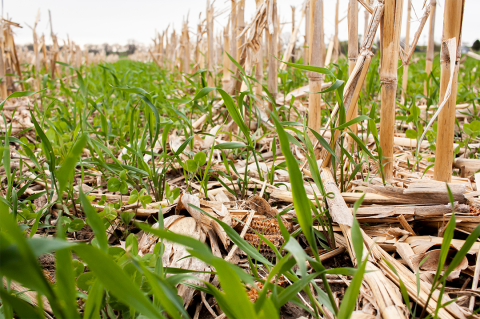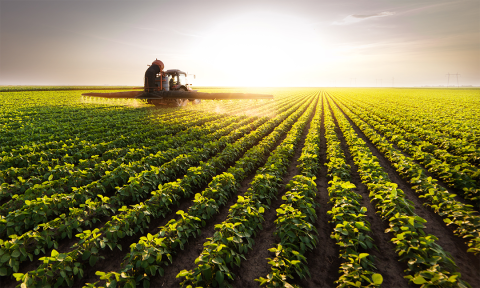Pasture and Forage Minute: Considerations for Alfalfa Disease, Harvesting During Wet Summers and Weevil Feeding on Regrowth
June 25, 2024
Recommendations for alfalfa producers on managing windrow disease, navigating rain issues during harvest, and estimating alfalfa weevil thresholds when regrowth feeding has been observed.
Heat a Factor of Recent Crop Water Usage
July 1, 2024
Nebraska Extension Educator Gary Stone shares an update on crop recovery after recent severe weather and crop water use estimates for this week as temperatures reach triple digits in the Panhandle.
False Chinch Bugs Found in Nebraska
July 1, 2024
False chinch bugs are usually considered an incidental pest, but wilting and feeding damage is occasionally noticed when a large number of the bugs feed on plants.
Extension Crop and Pest Reports (June 24-28)
June 28, 2024
Extension educators share their observations in fields across Nebraska this week.
Severe Storms Damage Crops, Excessive Heat Will Drive Water Needs
June 27, 2024
Nebraska Extension Educator Gary Stone shares insights on crops that have received storm damage in recent weeks, as well as water use expectations.

Crop Progress: Crop Conditions Significantly Higher in June 2024
June 27, 2024
Nebraska crop conditions are considerably higher than last year during this stage of the growing season, by as much as 30-40% for many crops.
Nebraska Producers Invited to Participate in Cover Crops Survey
June 21, 2024
Producers are encouraged to participate in a new survey that will help researchers better understand messaging on cover crops to improve information and outreach.
EPA Opens Public Comment Period for Proposed Dicamba Herbicide from BASF
June 21, 2024
The public has until July 5, 2024 to make comments on the registration of a new BASF dicamba product for dicamba-tolerant soybeans and cotton.


